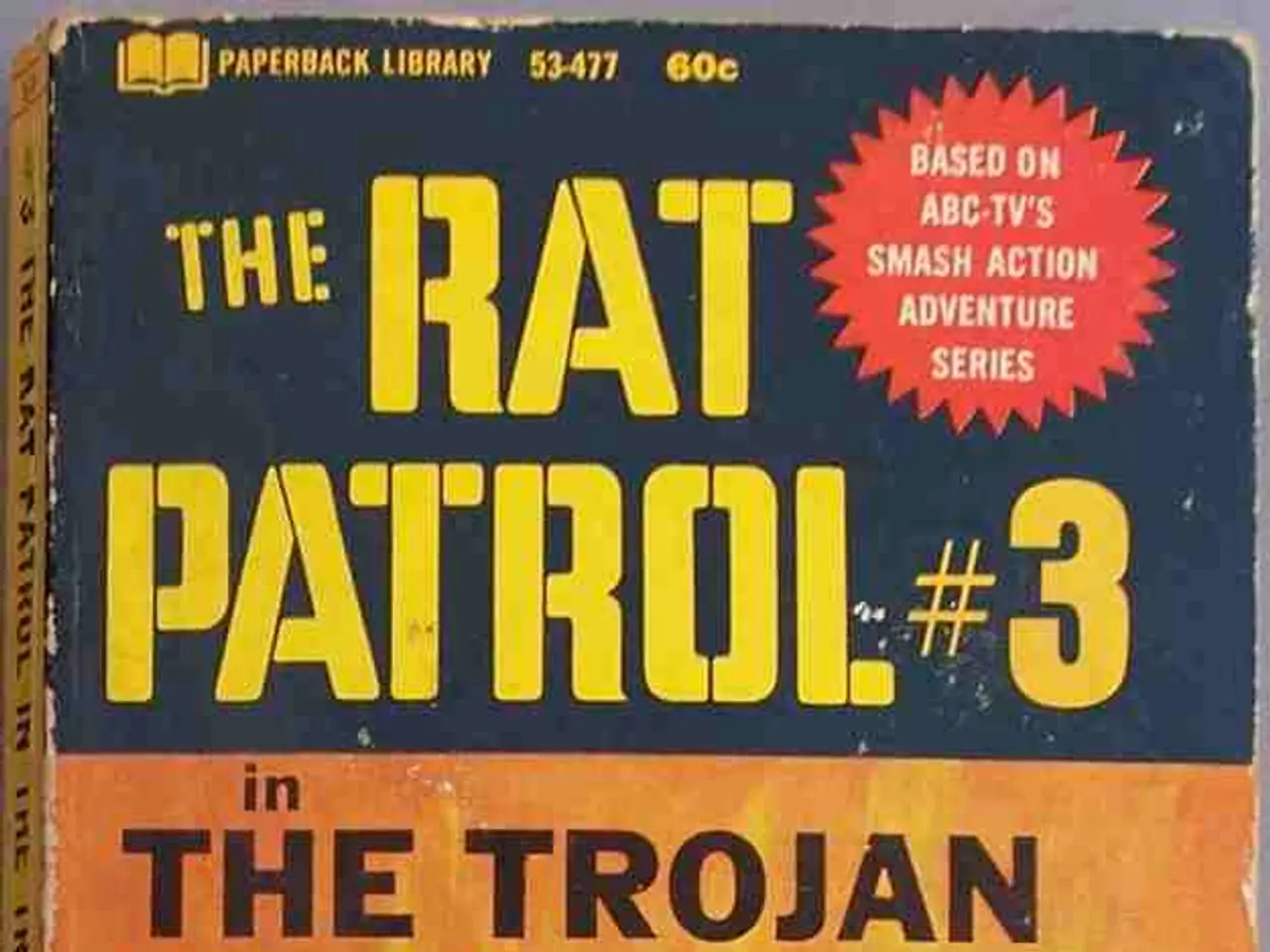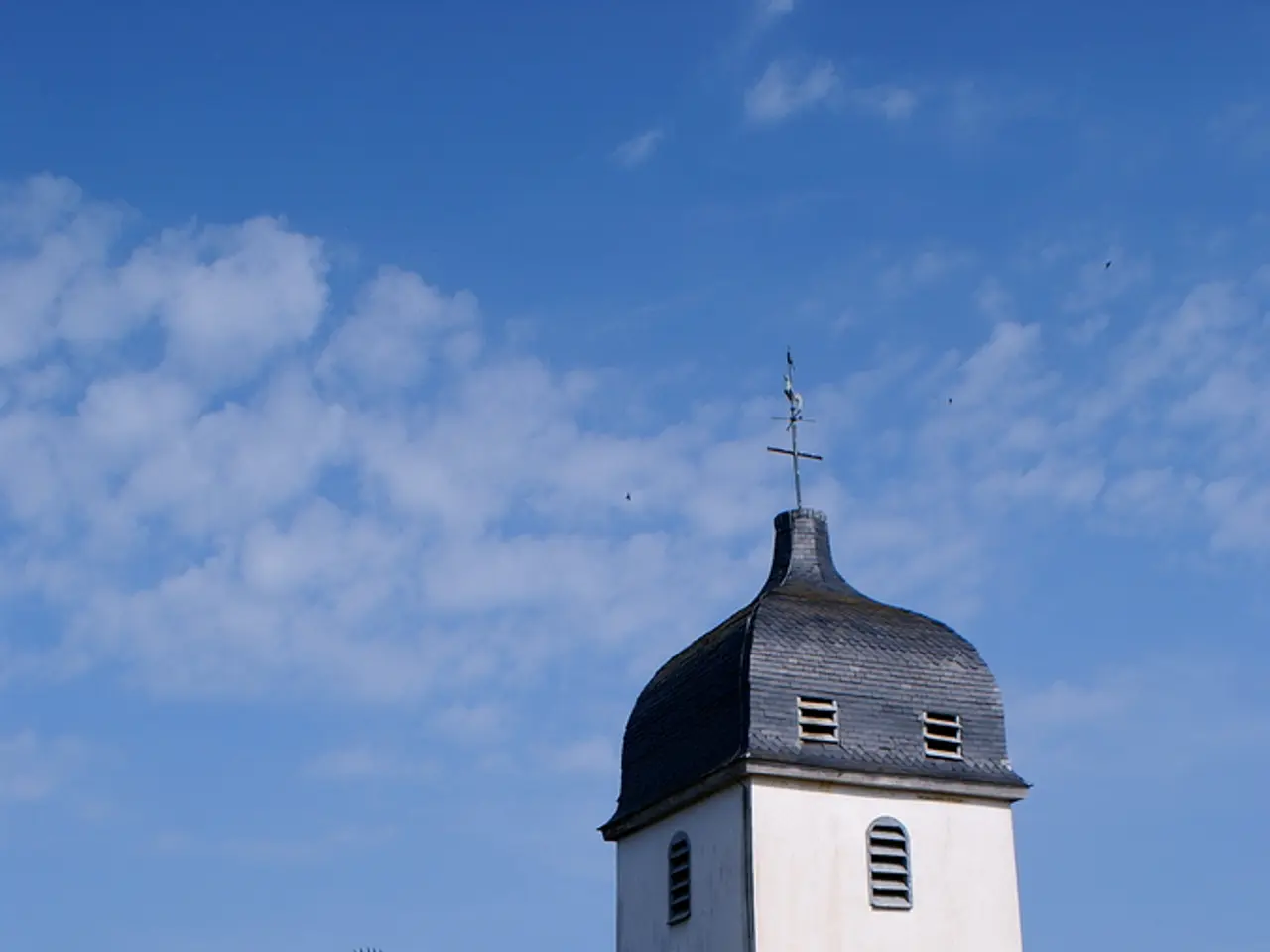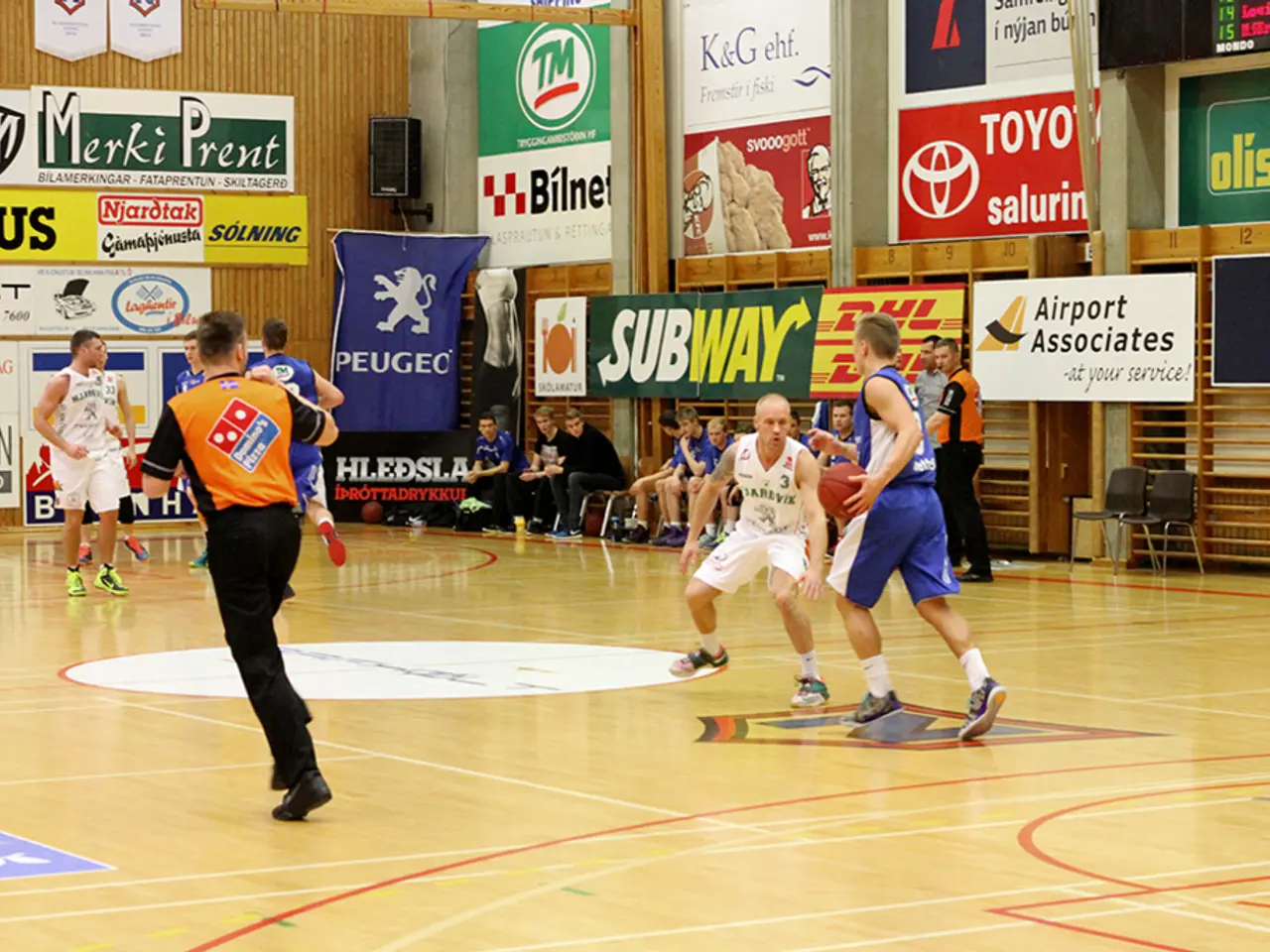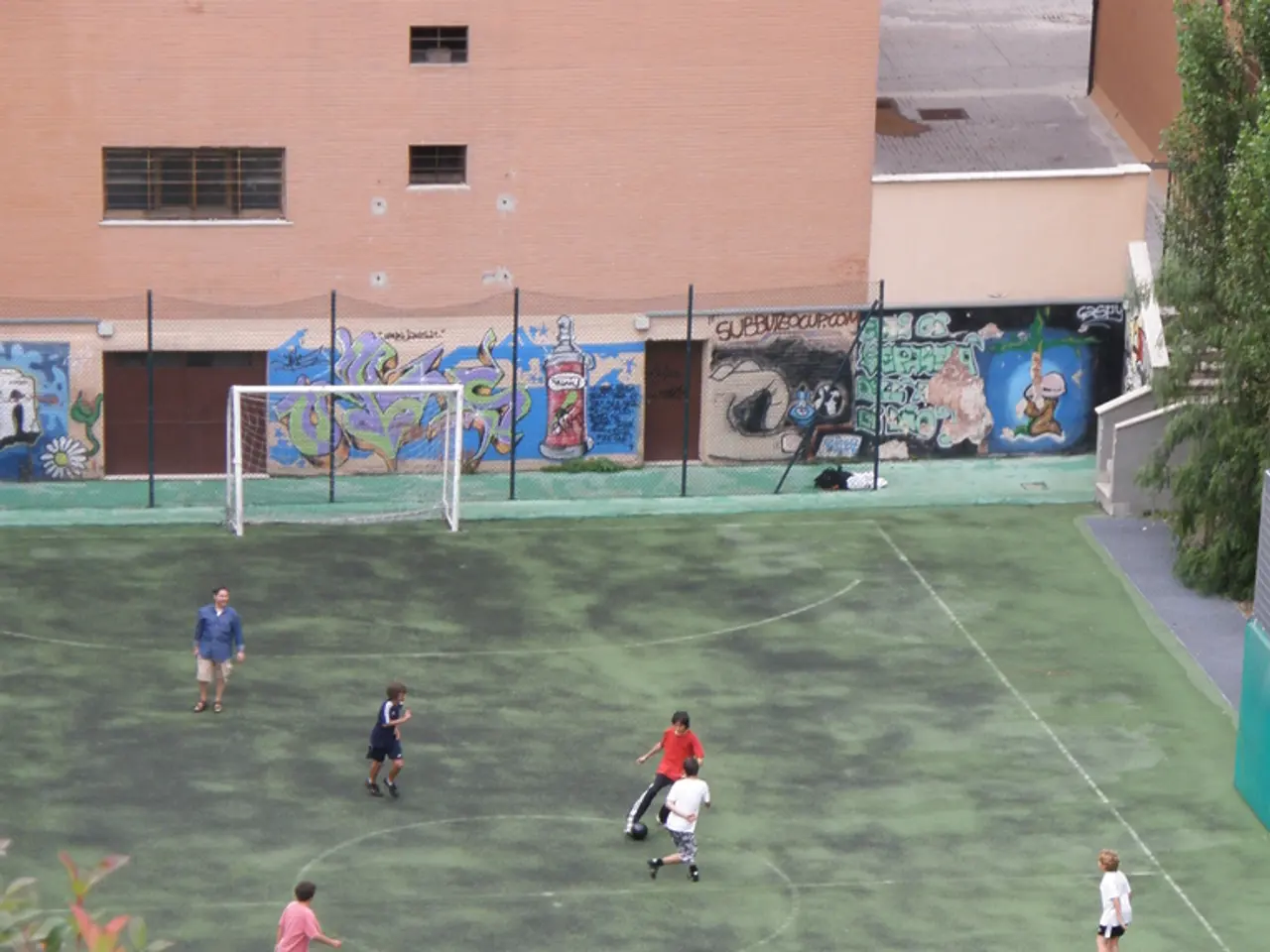Syria military units withdraw from Druze-majority province following deadly confrontations, according to a monitoring group.
In the heartland of Syria's largest Druze population, Sweida province, a severe outbreak of violence has erupted in July 2025. The conflict, which started as clashes between local Druze armed groups and Bedouin tribes, has escalated into a broader sectarian conflict, with reports of government troops allegedly siding with Bedouin factions and directly attacking Druze fighters and civilians.
The immediate trigger was clashes between local Druze armed groups and Bedouin tribes, which quickly turned sectarian. According to the Syrian Observatory for Human Rights, over 300 people have been killed in Sweida since the violence began, including at least 27 Druze civilians allegedly executed by Syrian forces. The conflict has also spilled into violence against minorities, with churches vandalized and burned.
The Syrian government, under President Ahmad al-Sharaa, initially intervened in Sweida with the stated aim of overseeing a truce. However, witnesses report that Syrian government forces joined Bedouin in attacking Druze fighters and civilians in Sweida. This has led to deep divisions within the Druze community, with some seeking government protection and others accusing Damascus of betrayal and violence.
In response to the situation, Israel has conducted airstrikes near Sweida, notably after the Syrian forces' partial withdrawal. Israel stated that these strikes aimed to protect Syria's Druze minority from Islamist factions and from government forces, with Israeli officials framing their intervention as a humanitarian effort. This has been accompanied by public protests among Israeli Druze, who have demonstrated in solidarity with their Syrian co-religionists.
Israel's military and political engagement in the crisis is not without strategic dimensions. Some analysts argue that Israel's strikes are part of a longer-term strategy to weaken the Syrian state, prevent the consolidation of a strong central government in Damascus, and potentially create conditions for further territorial gains in the Golan Heights. Israel's interest in the Druze minority is also seen as a means to cultivate allies among a persecuted group, further fragmenting Syrian society.
The Syrian government forces have since withdrawn from Sweida and the entire Sweida province, with responsibility for security now handed to religious elders and some local factions. The withdrawal followed days of deadly clashes and international pressure. The situation remains fluid, with local autonomy, sectarian reconciliation, and international diplomacy all critical to any durable solution.
Sources:
1. Al Jazeera 2. BBC News 3. The New York Times 4. Reuters 5. The Guardian
- The escalating Sweida conflict, rooted in war-and-conflicts, has seen politics intrude, as the Druze community is now divided over allegations of government forces siding with opposing factions during the clashes.
- As the conflict in Sweida continues, interest in Syria's Druze minority has grown, with some analysts suggesting Israel's military intervention is strategically aimed at weakening the Syrian government and potentially gaining territorial advantages, while simultaneously cultivating allies among the persecuted Druze.








